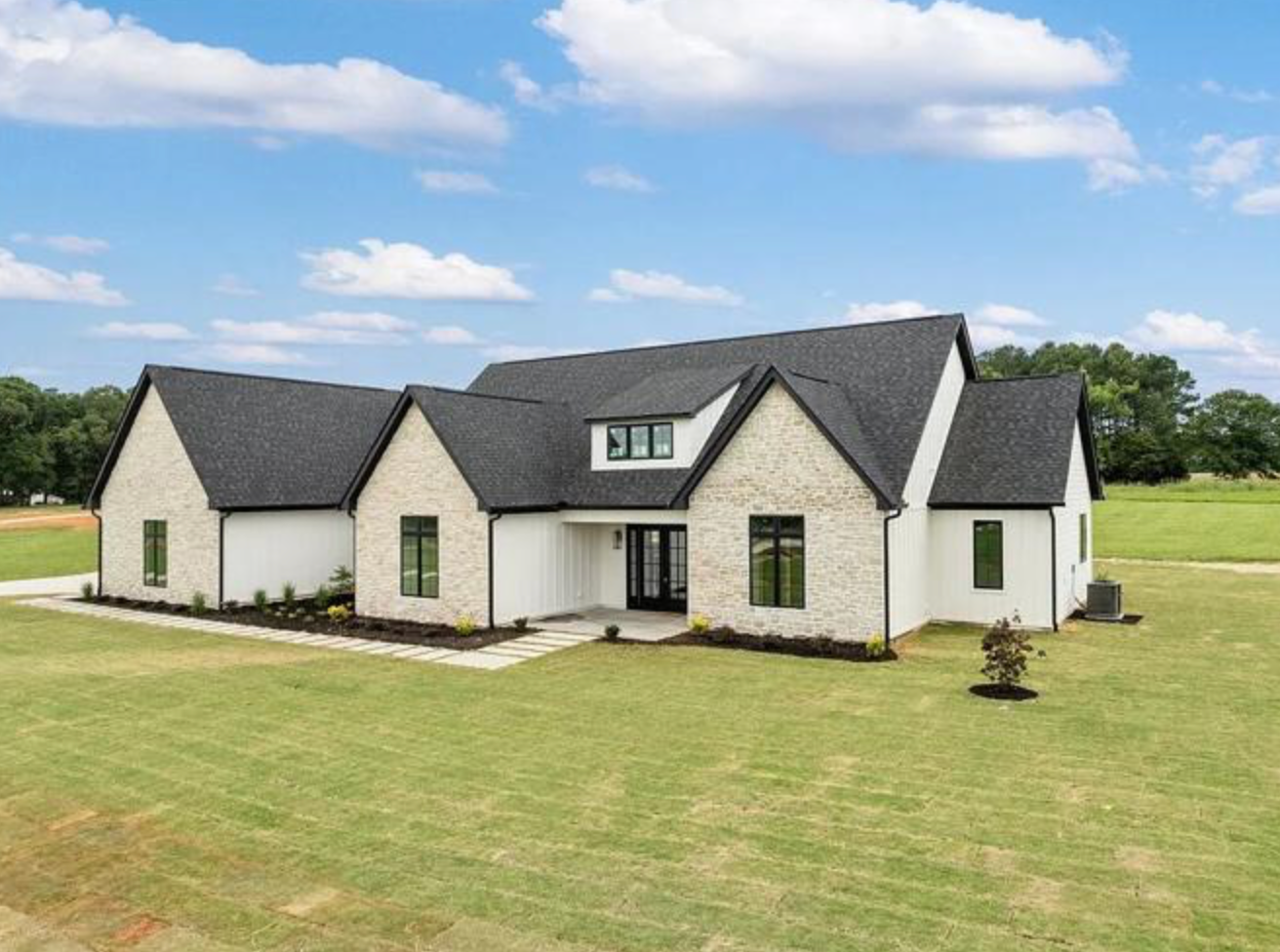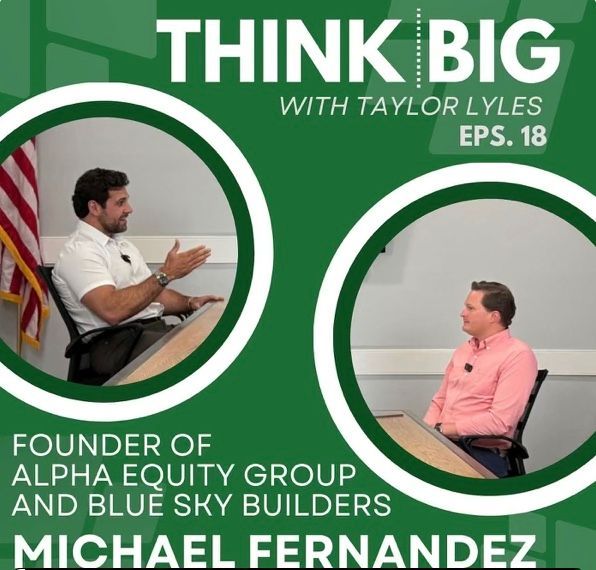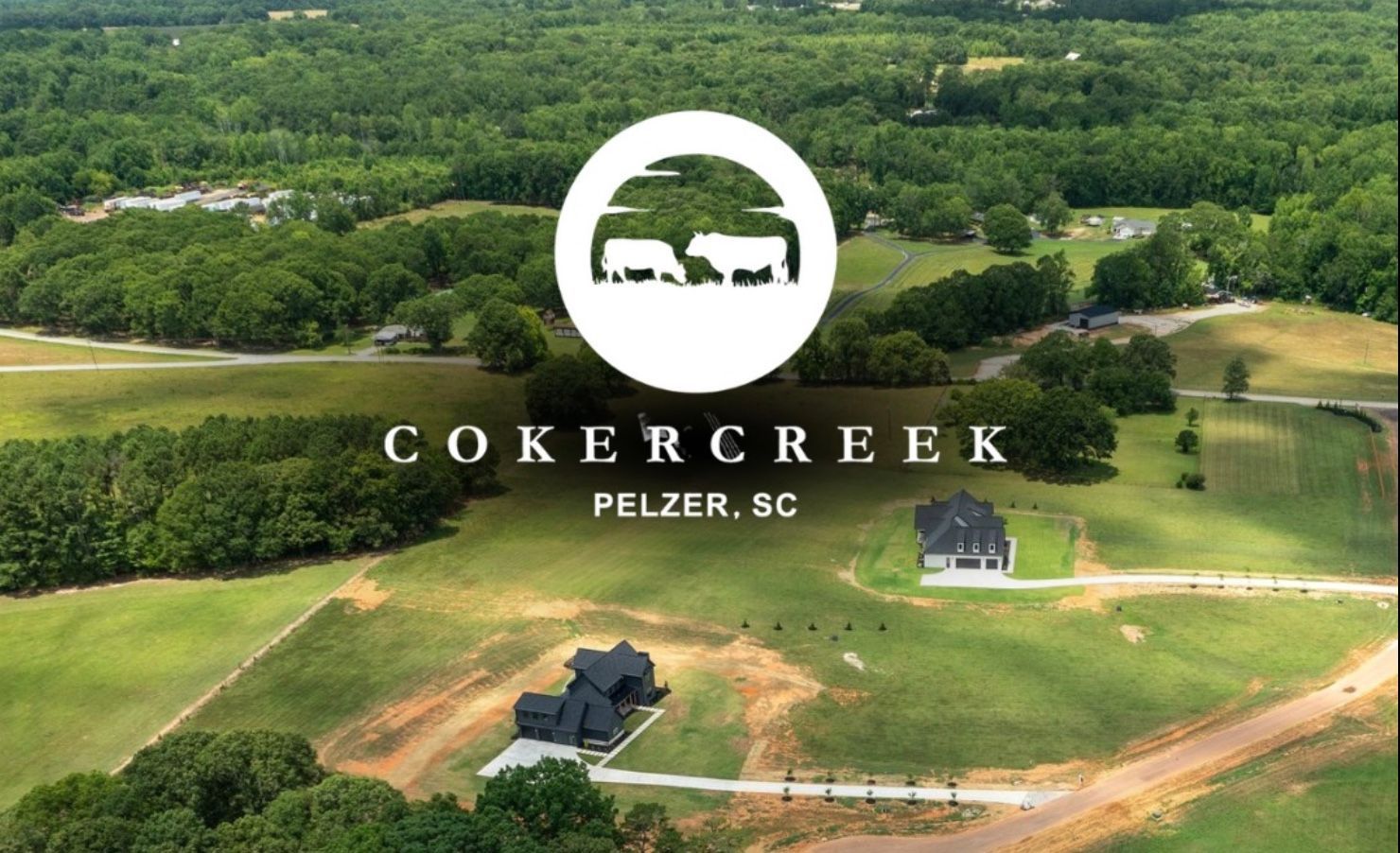Blog: What are the Differences Between Open-End and Closed-End Real Estate Funds?

Individuals evaluating alternative investment opportunities look to private real estate funds due to their low correlation to the stock market, strong risk-adjusted returns, and tax efficiency. These pooled funds receive money from investors and invest the combined capital into properties as one actively managed portfolio. Pooled real estate funds are broken down into two categories: open-end and closed-end funds. Private real estate funds are illiquid, so individuals should understand the unique structure of each category before investing.
Real Estate Fund Structure & Strategy Closed-end real estate funds have a predetermined life that is set by the manager at the fund’s onset. These funds are typically value-add and capital gains driven where more of the expected return is earned from the asset sales rather than the income stream. Closed-end funds might employ a “buy-fix-sell” strategy which typically includes some level of construction, repositioning, recapitalization of existing debt, and/or property management changes. Implementing these strategies can take time and therefore closed-end funds may deliver negative returns in the initial years. Assuming the value-add strategies are executed successfully, the results can produce returns in excess of what can be achieved by purchasing a fully stabilized property.
Since the fund’s returns are contingent on the execution of an underlying business plan, proper due diligence on the fund manager’s performance track record is critical. Further, the capital gains-driven approach has tax implications that are important to consider when calculating the total return of an investment.
Unlike closed-end funds, an open-end fund structure has no termination date. These funds might employ a “buy-fix-hold” strategy where more of the expected return is derived from the property’s income stream. The core advantage of open-end funds is flexibility. Without an end date, managers aren’t forced to liquidate assets and can focus on long term capital appreciation for investors. However, the need to produce strong, recurring cash flow may potentially reduce the aggregate income stream, resulting in a lower total return than what may be achieved by a closed-end fund. But since immediate cash flow is part of the acquisition criteria, open-end funds also typically have a lower risk profile.
Additionally, the fund’s income can be offset using depreciation and interest, providing investors with income that is tax efficient. Real Estate Capital Raising & Liquidity A closed-end fund raises capital during a commitment period which may only take place for 12 to 18 months. Investment capital is locked up for the term of the fund and individuals are not able to redeem his or her ownership interests at any time. Because of the lock-up, there is no risk of a forced asset sale. However, a drawback to closed-end funds is that sponsors must sell the assets at some point, even if an asset is achieving returns greater than what was originally projected. Open-end funds allow investors to enter and exit the fund at regular intervals determined by the fund’s manager. Capital can be raised and repaid on an ongoing basis providing investors access to liquidity without needing to sell the underlying real estate.
To balance the liquidity needs of investors with the illiquid nature of the underlying real estate, sponsors still include a lock-up period and redemptions may also be subject to a discount to the fund’s net asset value. Real Estate Acquisition Strategy Managers of closed-end funds are only allowed to purchase assets during the fund’s predetermined investment timeline. The downside of this time restriction is that it may create pressure to deploy capital, resulting in a less optimal portfolio. For this reason, it is important that investors evaluate and understand how managers build and manage their deal pipeline while sticking to a disciplined investment strategy.
The fund’s perpetual nature also allows managers to reevaluate their investment strategy and rebalance the portfolio if necessary. The rebalancing feature can be important when faced with changing market conditions.
Which Category Is Best? As you can see, there are pros and cons to both open-end and closed-end private real estate funds. It’s important that you understand your own investment objectives and make an informed choice based off each type of fund’s strategy, liquidity considerations, acquisition strategy and tax implications that may impact an offering’s projected returns.



